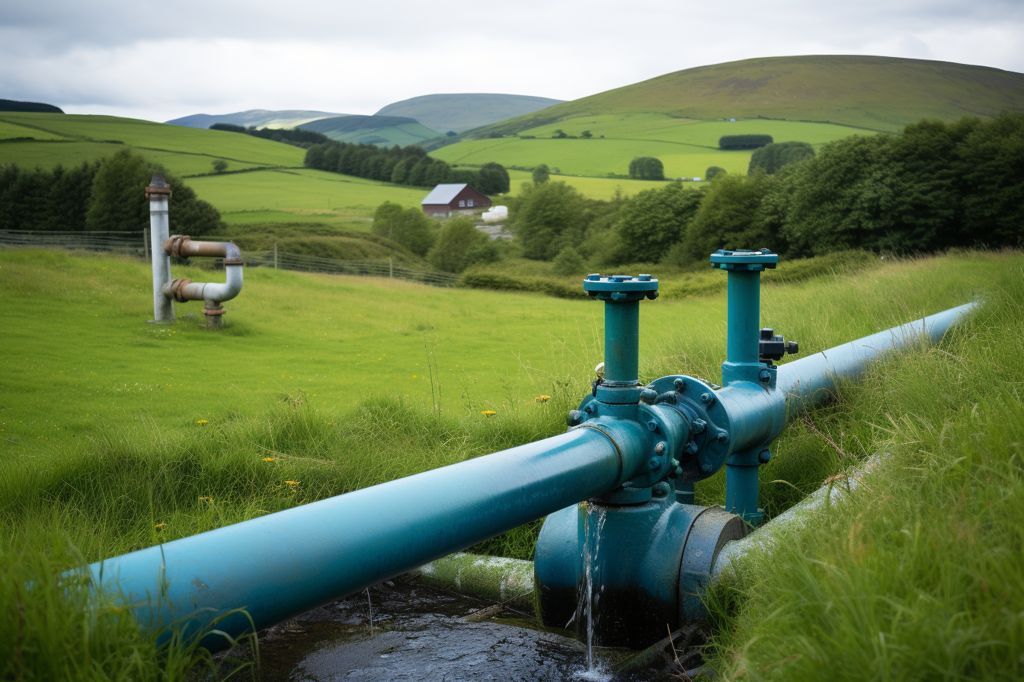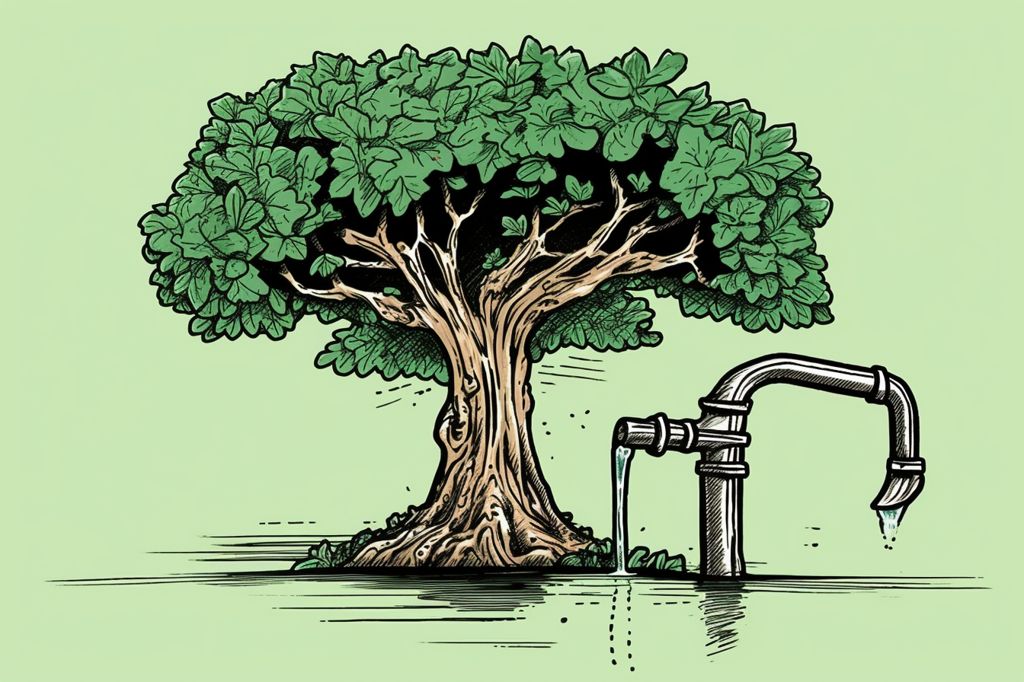On June 9, 2023, Minister Senzo Mchunu, accompanied by his deputies Ms. Judith Tshabalala and Mr. David Mahlobo, visited Lekwa Local Municipality to evaluate the progress of intervention projects dedicated to addressing water and sanitation challenges. The purpose of the visit was to assess the impact of last year’s allocation of R350 million to the municipality and to engage with community members to ensure transparency and accountability.
Allocating Funds to Address Water and Sanitation Issues
During his last visit to the area, Minister Mchunu provided R350 million to the Lekwa Local Municipality to address various water and sanitation issues. The intervention was aimed at refurbishing old infrastructure and improving operations and maintenance to provide better services to the community.
Witnessing Improvements and Engaging with Stakeholders
The minister’s recent visit allowed him to witness first-hand the improvements made since his last visit. To ensure transparency, the media was invited to join the visit at specific sites, including Standerton Extension 8 Bulk Outfall Sewer Pipeline Project, Concor Drainage Site, Rooikopen Booster Pump Station 3 Project, and Standerton Water Treatment Works. At the final site, Minister Mchunu engaged with the media to provide updates on the progress made.
Engaging with the Community
After the site visits, a community engagement event was held at the Sakhile Stadium. This allowed the minister and his deputies to hear directly from local residents about their experiences and concerns regarding water and sanitation services. This direct engagement demonstrated the government’s commitment to being accessible and accountable to its people.
Assessing Progress and Ensuring Accountability
Throughout the visit, the minister and his team assessed the progress made in addressing water and sanitation challenges in the Lekwa Local Municipality. The allocation of R350 million had a significant impact on upgrading the infrastructure and operations in the area. However, continuous efforts are needed to ensure that the community receives reliable and safe water and sanitation services.
Demonstrating the Government’s Commitment
Minister Mchunu’s visit to the Lekwa Local Municipality and engagement with the community demonstrates the government’s unwavering commitment to addressing water and sanitation challenges across South Africa. The visit not only assessed the progress of intervention projects, but it also demonstrated the government’s genuine concern and commitment to providing better services to the people of the Lekwa Local Municipality.
Continuing Prioritization of Water and Sanitation Projects
It is crucial that the government continues to prioritize water and sanitation projects, as they are critical to the ongoing development and well-being of South Africa’s communities. The Lekwa Local Municipality provides an example of how significant progress can be made when resources are allocated effectively and government officials take the time to assess the situation and engage with the communities they serve.












